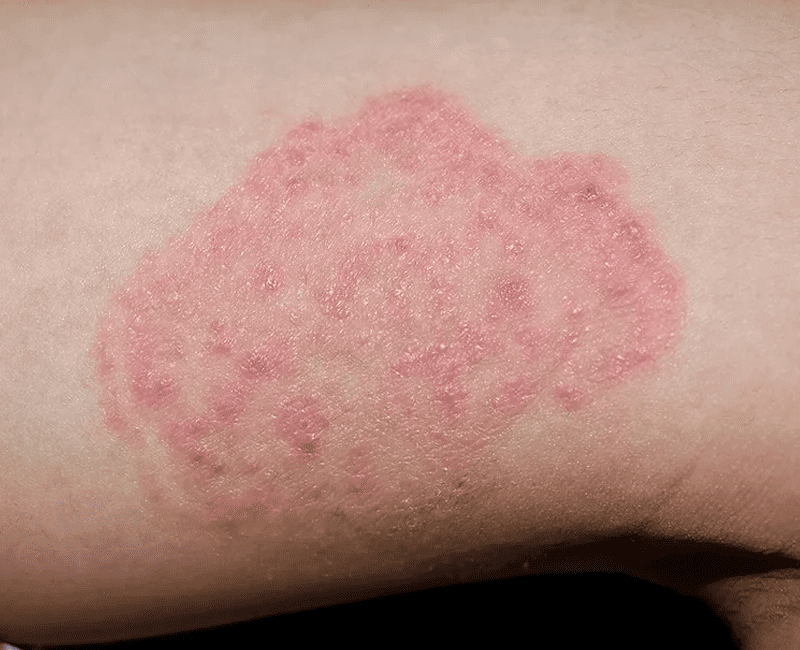
Fungal infections are a common issue affecting millions of people worldwide. These infections arise when fungi invade and multiply on the skin, nails, hair, or internal organs. Some fungal infections are superficial and relatively harmless, while others can become severe, especially in individuals with weakened immune systems. Understanding the various types of fungal infections, their symptoms, and treatment options can help in effectively managing and preventing these conditions.
Fungal infections are caused by various types of fungi, including yeasts (like Candida) and dermatophytes (like Trichophyton). Fungi thrive in warm, moist environments, making certain areas of the body more susceptible, such as the feet, groin, and skin folds. Factors contributing to the risk of fungal infections include:
Prevention plays a significant role in reducing the risk of fungal infections. Here are some effective strategies:
While many fungal infections can be treated with over-the-counter medications, it is advisable to consult a healthcare provider if:
Fungal infections, though common and sometimes challenging to manage, can often be effectively treated with the right approach. Timely diagnosis, appropriate treatment, and preventive measures can help reduce the burden of these infections and prevent complications. Consulting an Expert Dermatologist is important for proper management, especially for recurrent or severe cases.
Address:
Door No. 8-2-293/82/A/725/A, Beside FMS INTERNATIONAL DENTAL CENTER Road No. 37, Hitech City Rd, near Daspalla Hotel, CBI Colony, Jubilee Hills, Hyderabad, Telangana 500033
Email: [email protected]
Email: [email protected]
FMS Skin © 2020. All rights reserved. Terms of use and Privacy Policy